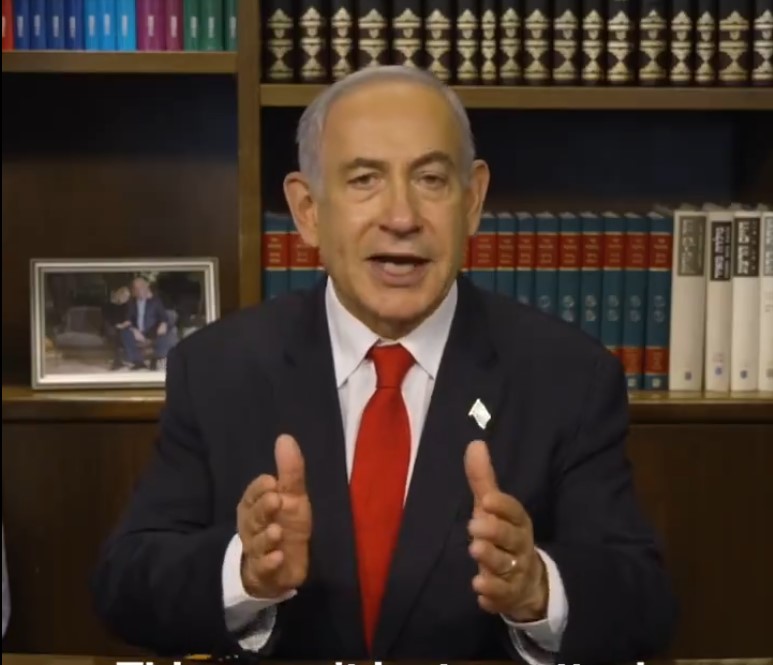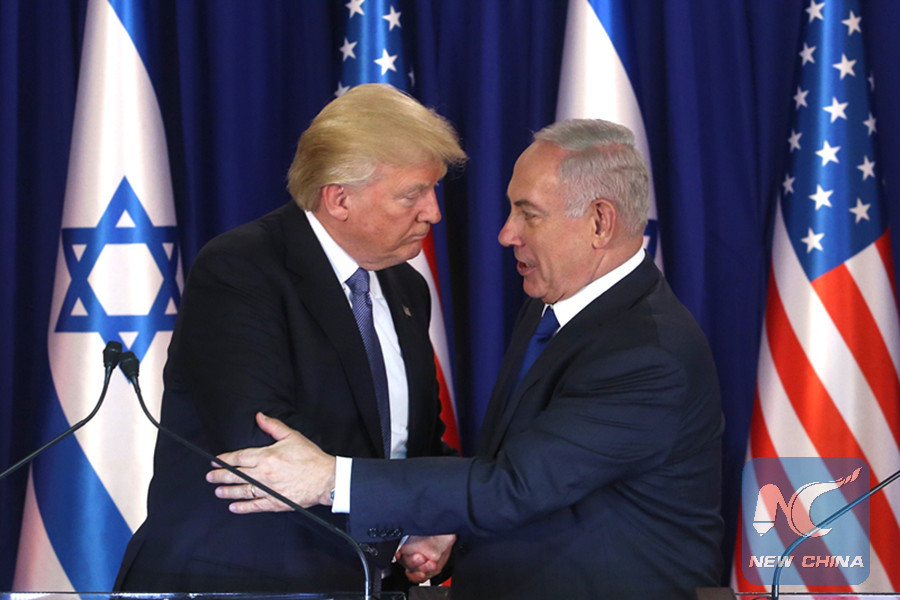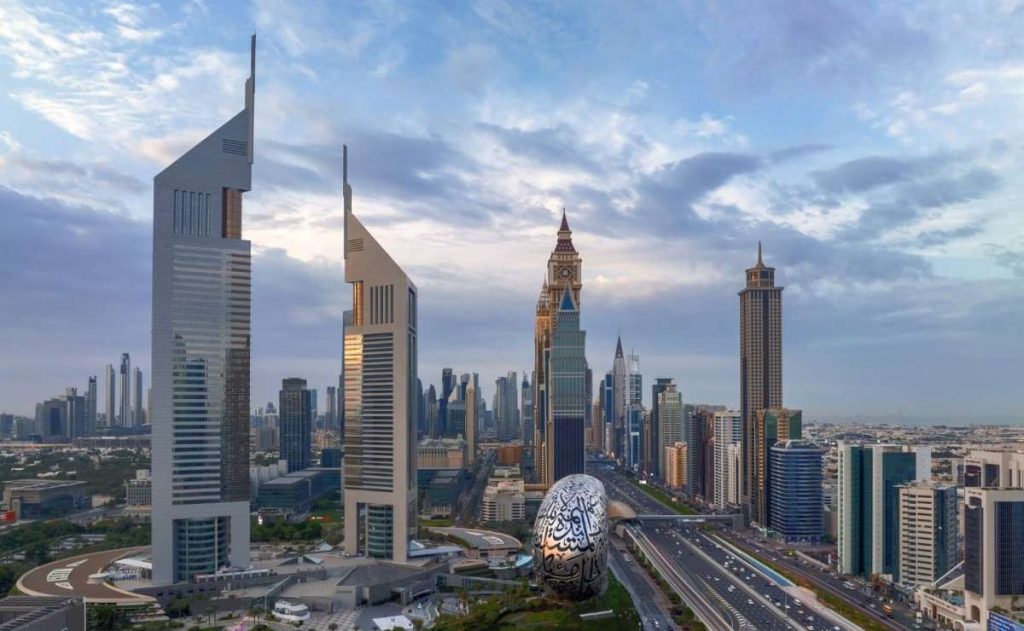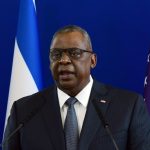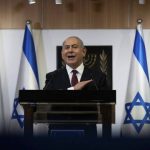Israeli Prime Minister Benjamin Netanyahu said in a statement on Tuesday that there are three “main reasons” he wants a ceasefire with Hezbollah in Lebanon now…reports Asian Lite News
As the Israeli security cabinet voted in favour of a ceasefire deal to end the fighting with the militant group Hezbollah in Lebanon, Israeli Prime Minister Benjamin Netanyahu said in a statement on Tuesday that there are three “main reasons” he wants a truce now. an Israeli official told the media.
Israeli Prime Minister Benjamin Netanyahu said in a statement on Tuesday that there are three “main reasons” he wants a ceasefire with Hezbollah in Lebanon now.
“With the United States’ full understanding, we maintain full freedom of military action. If Hezbollah violates the agreement and tries to arm itself, we will attack. If it tries to rebuild terrorist infrastructure near the border, we will attack. If it launches a rocket, if it digs a tunnel, if it brings in a truck carrying rockets, we will attack”, Netanyahu noted.
“The first reason is to focus on the Iranian threat, and I won’t expand on that. The second reason is to give our forces a breather and replenish stocks. And I say it openly, it is no secret that there have been big delays in weapons and munitions deliveries. These delays will be resolved soon. We will receive supplies of advanced weaponry that will keep our soldiers safe and give us more strike force to complete our mission. And the third reason for having a ceasefire is to separate the fronts and isolate Hamas. From day two of the war, Hamas was counting on Hezbollah to fight by its side. With Hezbollah out of the picture, Hamas is left on its own. We will increase our pressure on Hamas and that will help us in our sacred mission of releasing our hostages,” Netanyahu said.
The Israeli PM’s speech was released after an Israeli official told CNN the security cabinet had approved a ceasefire deal.
Netanyahu also said the duration of a ceasefire would “depend on what happens in Lebanon”.
He added that Israel would resume attacks if Hezbollah violated the agreement by rearming, digging tunnels, launching rockets, or rebuilding its infrastructure near the Israeli border.
“With the United States’ full understanding, we maintain full freedom of military action,” he said.
Israel and Lebanon have been engaged in a prolonged conflict that began on October 8 last year, when Hezbollah attacked Israeli-controlled territory in solidarity with Hamas and Palestinians in Gaza, as reported by CNN.
This incident sparked a series of tit-for-tat border attacks, which eventually escalated into a major military offensive launched by Israel in mid-September.
The conflict has seen a ground invasion by Israel, resulting in the deaths of several Hezbollah leaders, including one of its founders, Hassan Nasrallah, and thousands of injuries from an attack involving exploding pagers. The situation remains volatile, with ongoing efforts to negotiate a ceasefire.
ALSO READ: Trump Claims Ceasefire Deal

